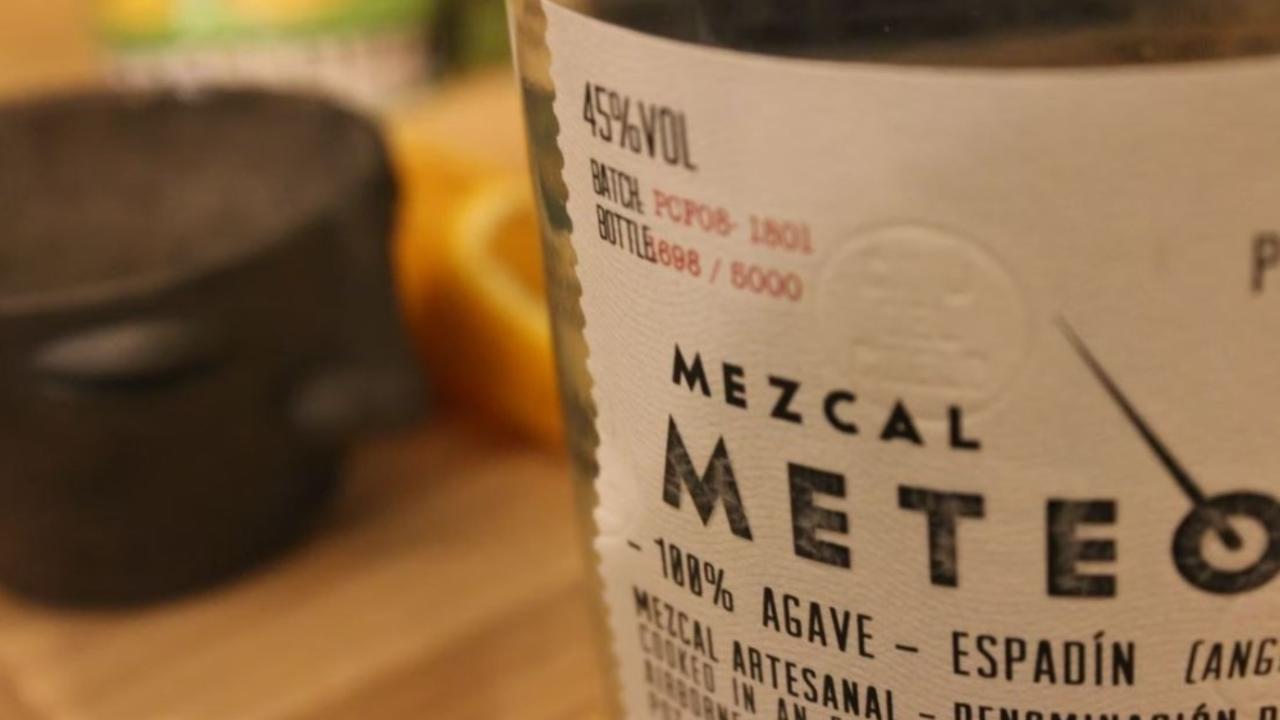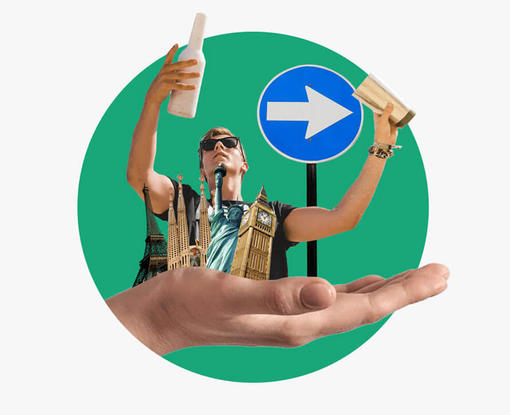I’m not going to sugarcoat the situation when it comes to sustainability and the future of tequila and mezcal.
There are serious problems that need immediate action; shortage of agave; the situation of the Mexican long-tongued bat; lack of financial stability for the agaveros; over production and exploitation in Oaxaca; polluted grounds in Santiago Matatlán and so on. But I have been in this world for some time and I have also witnessed positive change and the desire to do good…
Sustainability has become a bit of a buzzword globally and even more in the spirits industry. Partly because it’s already an industry that is under scrutiny by nature, and partly since it has its fair share of sustainable skeletons in the closet.
Many brands have leveraged the trend of ‘sustainability’, but is it just greenwashing? And just how sustainable are they really? While I do think it is crucial to scrutinise motives and actions, what is even more important is that in doing this, we are still talking about sustainability.
Tequila

As I mentioned, there are many sustainable skeletons in our industry and even more so in the agave spirits world.
Travelling from Guadalajara to Tequila, you will see agave fields more or less dead from violent use of pesticides and monoculture. There are endless stories of agave farmers being pressured so hard on the price that it’s not even profitable enough for them to continue.
Often, we as consumers and users like to equate small producers with sustainable production. But unfortunately, this is often far from being the reality. The small artesanal farm producers too often lack the knowledge or the financial means to shift to more sustainable processes. Which means more often that not sustainability is a luxury.
Just think about it when you are grocery shopping next, a product that normally costs 1€ will set you back 1,5€ or even 2€ if you choose organic or local, instead. And the same applies for agave producers, but with a much larger investment! Even more so with a fragile economy and culture as rural Mexico.
Therefore, the lion’s share of sustainable action has to lie with the big brands - because they can afford it. They have the financial muscles to invest in sustainable production methods and can afford to share knowledge and educate the less fortunate. This, I believe, is an absolute must for the real change to come.
As Uncle Ben once told Peter Parker, “With great power there must also come great responsibility".
Mezcal

When talking about mezcal, sustainability is an even hotter potato, since we also deal with a delicate culture AND wild growing agaves. When the titans of the industry such as Diageo, Pernod Ricard and Bacardi first showed interest in this world, many people raised concerns. And they were well within their rights to do so!
Would they care for the culture, the people and the land? Or would they do as multi-corporations often do, and exploit, drain and rack up profits for the shareholders only?
That being said, the big brands have done their bit and steps have been taken to minimise impact. Mezcal is a real grass roots industry where the voices from the bottom can actually be heard all the way to the top. Plenty of the larger investors have listened to the people of mezcal, and learned from the early pioneers of mezcal commercialisation in terms of social responsibility, now giving back to the culture and the people who really ARE mezcal.
There are several good examples and many actively work to make a positive footprint. Tequila Altos has since 2018 provided several Huichol communities with electricity and sanitation. The team behind the success of Del Maguey have financed internet and education for remote villages in Oaxaca and also showed how to upscale without industrialising.
The same goes for Mezcal Sombra who brought back to life the art of crafting bricks made from the fibres of the mezcal production. By mixing the bagasse with soil and water and shaping bricks left to sun dry, you can build adobes that are harder than concrete. So, back in 2018, when the earthquake struck Sierra Madre del sur and many people lost their homes, these bricks were donated to the mountain communities, and several families were re-homed in agave-built houses.
Sustainable initiatives
Many producers (both large and small) have also begun to plant nurseries to ensure the survival of the endangered agave species. Seeds are grown here until they are sturdy enough, then planted in the wild and left to fend for themselves.
These are just a few examples from the industry that I think shows we are on the right track and that the change has begun.
Sustainability might be a buzzword, but it is an important buzzword for tequila and mezcal, and we are far from reaching where we need to be.
Corporate Social Responsibility
To sum up, the main responsibility lies with large brand owners who have the monetary means that change calls for - but we are the ones who must demand this. So, if they want our money and our advocacy, they had better listen to us!
Sustainability in the world of tequila and mezcal means respecting human rights and longevity and legacy of crops. But starts from the top, down.
Björn Kjellberg, Santa Fe, New Mexico, October 2022

